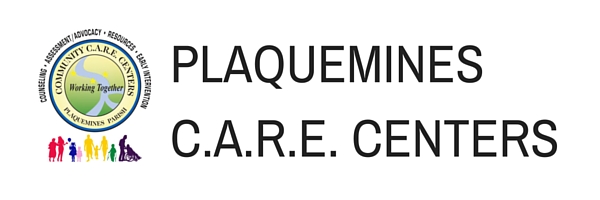April 5, 2017 is Sexual Assault Awareness Day of Action. The first Wednesday in April is nationally recognized in the United States and observed annually as part of Sexual Assault Awareness Month (SAAM). SAAM Day of Action provides a day to focus awareness on sexual violence prevention.
What is Sexual Assault?
Sexual assault is any type of forced or coerced sexual contact or behavior that happens without consent. Sexual assault includes rape and attempted rape, child molestation, and sexual harassment or threats. In the United States, nearly one in five women has been raped and almost half of women have experienced another type of sexual assault. If you have been sexually assaulted, it is not your fault.
Sexual assault can include:
- Any type of sexual contact with someone who cannot consent, such as someone who is underage, has an intellectual disability, or is passed out
- Rape
- Attempted rape
- Sexual coercion
- Sexual contact with a child
- Incest (sexual contact between family members)
- Fondling or unwanted touching above or under clothes
Sexual assault can also be verbal or visual. It is anything that forces a person to join in unwanted sexual contact or attention. Examples can include:
- Voyeurism, or peeping (when someone watches private sexual acts without consent)
- Exhibitionism (when someone exposes himself or herself in public)
- Sexual harassment or threats
- Forcing someone to pose for sexual pictures
Who is Sexually Assaulted?
Sexual assault can happen to anyone of any age, race or ethnicity, religion, ability, appearance, sexual orientation, or gender identity. However, women have higher rates of sexual assault than men.
What are the Mental Health Effects of Sexual Assault?
There are many health effects of sexual assault which can include:
- Severe anxiety, stress, or fear
- Abuse of alcohol or drugs
- Depression
- Eating disorders
- Self-injury or suicide
How to Lower Your Risk of Sexual Assault.
You cannot always prevent sexual assault. If you are assaulted, or if you find yourself in a situation that feels unsafe, it is not your fault. But you can take steps to help stay safe in general:
- Go to parties or gatherings with friends. Arrive together, check in with each other, and leave together. Talk about your plans for the evening so that everyone knows what to expect.
- Look out for your friends, and ask them to look out for you. If a friend seems out of it, is way too drunk for the amount of alcohol she's had, is acting out of character, or seems too drunk to stay safe in general, get her to a safe place. Ask your friends to do the same for you.
- Have a code word with your family and friends that means "Come get me, I need help" or "Call me with a fake emergency." Call or text them and use the code word to let them know you need help.
- Download an app on your phone. You can download free apps you can use if you feel unsafe or are threatened. Some apps share your location with your friends or the police if you need help. You can also set up an app to send you texts throughout the night to make sure you're safe. If you don't respond, the app will notify police.
- Avoid drinks in punchbowls or other containers that can be easily "spiked" (when alcohol is added to a drink without permission). If you think that you or one of your friends has been drugged, call the police. Tell them what happened so that you can be tested for the right drugs.
- Know your limits when using alcohol or drugs. Don't let anyone pressure you into drinking or doing more than you want to.
- Trust your instincts. If you find yourself alone with someone you don't know or trust, leave. If you feel uncomfortable in any situation for any reason, leave. You are the only person who gets to say whether you feel safe.
- Be aware of your surroundings. Especially if walking alone, avoid talking on your phone or listening to music with headphones. Stay in busy, well-lit areas, especially at night.
How to Get Help if Sexually Assaulted.
After a sexual assault, you may feel fear, shame, guilt, or shock. These feelings are normal. But sexual assault is never your fault. It may be frightening to think about talking about the assault, but it is important to get help. You can call the Plaquemines Community CARE Centers @ 504-393-5750.
Information provided by Office on Women's Health in the Department of Health and Human Services.

























